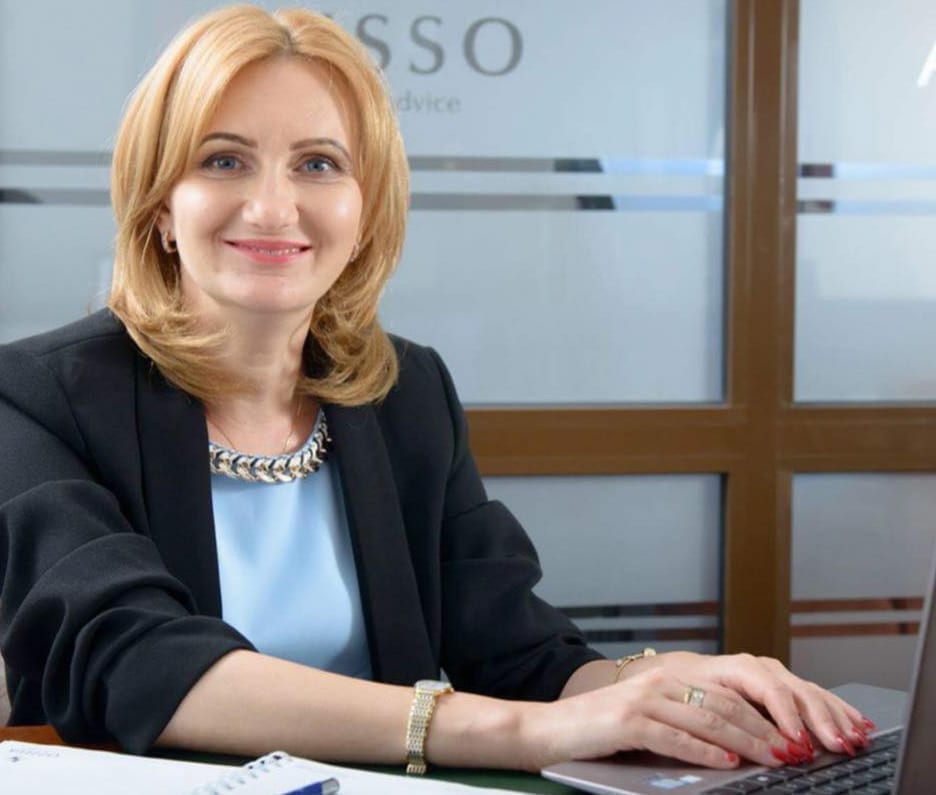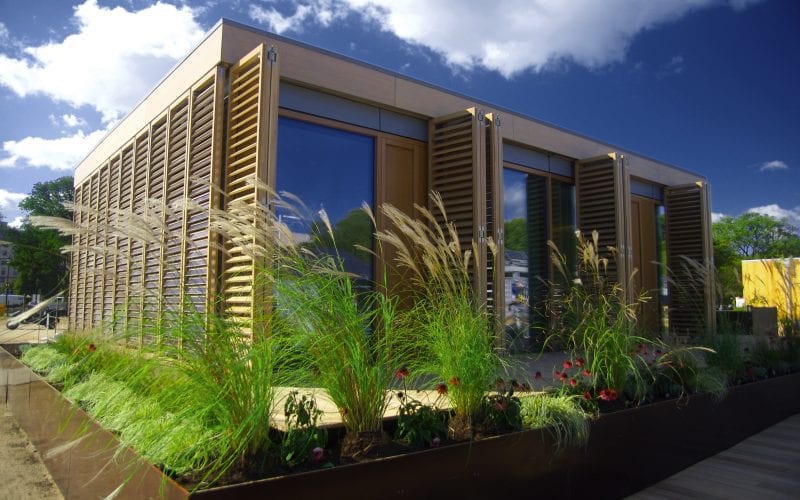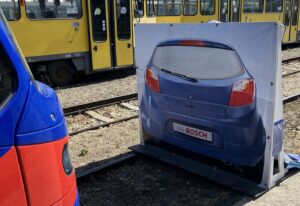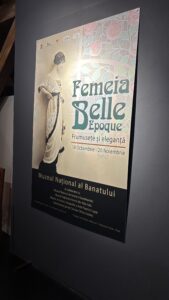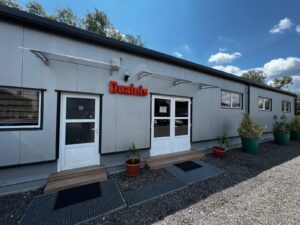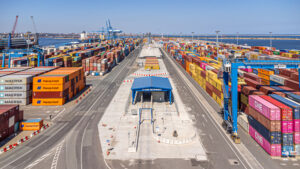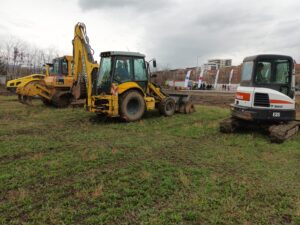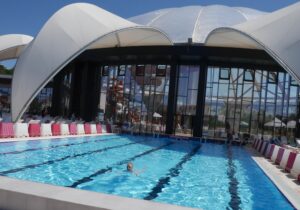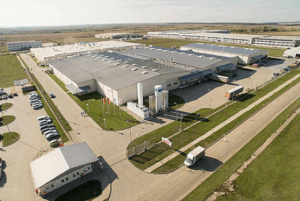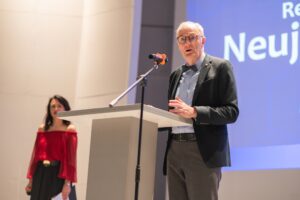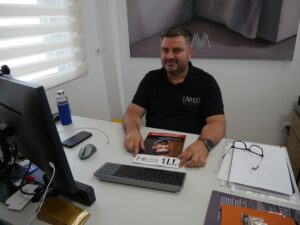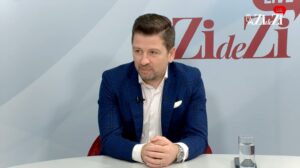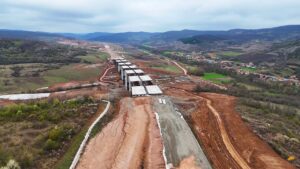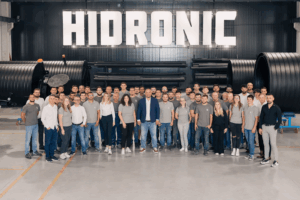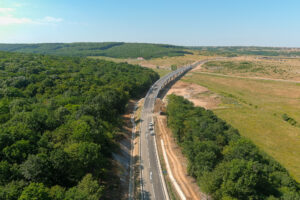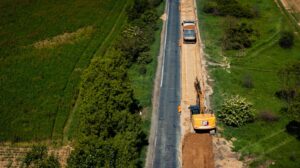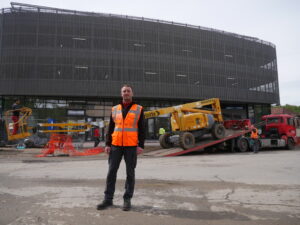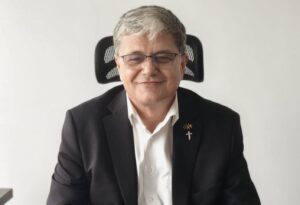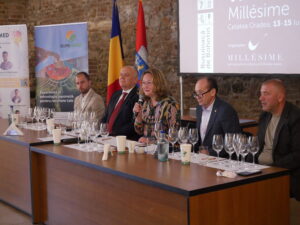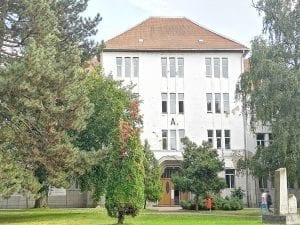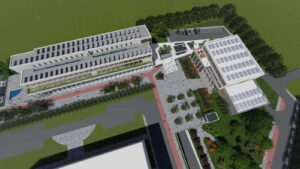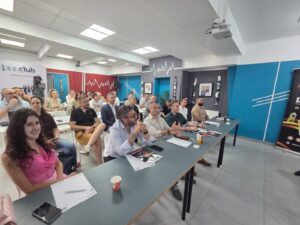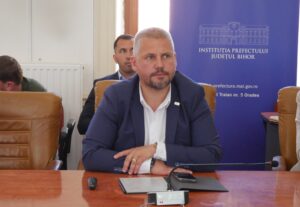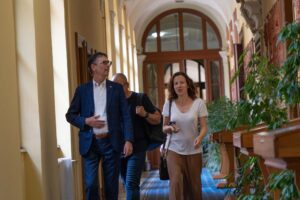Tickets for 25th International Passive House Conference available / in-person and online
Registration is now open for the 25th International Passive House Conference. The main theme of this year’s anniversary version of the conference is „Passive House – the key to sustainable construction”. Highly energy efficient buildings are the basis for a climate-compatible building stock.
The conference will begin on 10 September 2021 and will take place simultaneously in Wuppertal and online. Participants can look forward to further celebrations besides the jubilee conference: the 30th anniversary of the world’s first Passive House building, the 25th anniversary of the Passive House Institute, as well as the presentation of the Passive House Award 2021. Early bird discounts are available until August.
Participants who travel to the 25th International Passive House Conference should definitely set some time aside for a ride on the Wuppertal Suspension Railway, which is the symbol of the city. Otherwise, the conference programme of this jubilee event will keep everyone busy, including possibilities for networking and excursions to impressive Passive House projects in Wuppertal and the surrounding area.
„We must make our building stock a lot more energy efficient because we cannot wait any longer to protect our climate. The additional online offerings also give an international audience the chance to easily attend the conference”, according to Jan Steiger, one of the managing directors of the Passive House Institute. The conference will be held under the auspices of the Ministry of Economic Affairs of the German federal state of North Rhine-Westphalia.
Better and more beautiful: the new accommodation facilities of a boarding school in Euskirchen, Germany, are built energy efficiently to the Passive House standard and will be presented in Wuppertal.
Climate protection can’t be postponed
The main theme, „Passive House – the key to sustainable construction”, focuses on high energy efficiency. It will only be possible to significantly reduce the CO₂ emissions of buildings everywhere if they use considerably less energy for heating or cooling. Jan Steiger comments on the recent verdict by the German Federal Constitutional Court that demands significant improvements in the German climate protection laws: „The Passive House standard gives us an easy solution to reduce our buildings’ heating demand drastically. It is not merely a theoretical approach, but has already been demonstrated in thousands of buildings. Passive Houses are a relevant and comparatively easy contribution to climate protection.” Steiger also refers to the conditions applicable for funding of Passive House buildings and EnerPHit retrofits in Germany, which will be improved in July.
16 lecture series
The 25th International Passive House Conference will offer a total of 16 lecture series. Among other topics, the lectures will be dedicated to summer comfort strategies, ecological building materials and retrofitting, as well as Passive House districts and international projects. Other lectures focus on social housing construction, energy consultancy and proper monitoring. The lectures will be in English and German.
Passive House Exhibition
The Passive House Exhibition is an important part of every Passive House Conference, as this is where international manufacturers present their components for energy efficient construction and retrofitting. This year the ONLINE Passive House specialist exhibition will already begin on 1 September, including virtual walkabouts. It will be possible to contact manufacturers online. With the start of the Conference on 10 September, the products can be viewed on-site in Wuppertal.
Many reasons to celebrate
The first evening of the conference marks the beginning of a celebration for many reasons: one is that the world’s first Passive House building is celebrating its 30th birthday. Professor Wolfgang Feist founded the Passive House Institute just prior to the first International Passive House Conference in 1996, so both are looking back on 25 years of existence. In addition, the Passive House Award 2021 will be presented during the event. More than 80 highly efficient and certified Passive House projects from 19 countries are participating in this architectural competition. The winners will be announced during this evening event, as will the prize-winners of the special award for architecture of the state of North Rhine-Westphalia. The evening programme will be broadcast in real-time. Virtual rooms will be available for networking for all participants who cannot attend in-person.
This multi-family Passive House building in Wuppertal will be visited during an excursion.
1+1 = Passive House Conference
The conference programme of the 25th International Passive House Conference has been divided into two parts: On Friday and Saturday, 10 and 11 September 2021, events are planned at the venue Historische Stadthalle Wupper-tal, which will also be broadcast online. Excursions, both in-person and virtual, are planned for Sunday, 12 September 2021. The second part of the pro-gramme on Tuesday and Wednesday, 14 and 15 September 2021 will take place exclusively online. The Conference will be inaugurated by the Minister for Economic Affairs of the state of North Rhine Westphalia and patron of the Conference Andreas Pinkwart. This will be followed by a speech by Diana Ürge-Vorsatz, who is a member of the Intergovernmental Panel on Climate Change (IPCC). The opening plenary will be broadcast live on the internet, also for interested persons who are not participating in the conference.
Early booking discount until August
Numerous workshops will again take place during the 25th International Passive House Conference. The early booking discount will be available until 2 August 2021. The Conference is also a recognised further education opportunity. The latest information and registration details can be found on the website at www.passivehouseconference.org,
General information Passive House buildings
With the Passive House concept the heat loss that typically takes place in buildings through the walls, roof and windows is drastically reduced due to high-quality thermal insulation, windows with triple glazing, avoidance of thermal bridges, an airtight building envelope, and a ventilation system with heat recovery. This ensures that Passive House buildings can manage without a traditional building heating system. They are called „passive houses” because a major part of their heating demand is met through „passive” sources such as solar radiation or the heat emitted by occupants and technical appliances.
In a Passive House building the heat is retained for a very long time since it escapes very slowly. For this reason, active heating is needed only during extremely cold days. A very small amount of energy is required in total for providing this remaining heating. In the summer (and also in hot climates), a Passive House building also offers advantages: among other things, the excellent level of insulation ensures that the heat stays outside, therefore active cooling usually isn’t necessary in residential buildings. Due to the low energy costs in Passive House buildings, the utility costs are foreseeable – a fundamental principle for affordable homes and social housing.
Passive House & NZEB
The Passive House standard already meets the EU requirements for Nearly Zero Energy Buildings. According to the European Buildings Directive EPBD, all member states must specify requirements for so-called NZEBs in their national building regulations. These came into effect in January 2019 for public buildings and applies for all other buildings since 2021.
Pioneer project
The first Passive House in the world was built in Darmstadt, Germany, 30 years ago by four private homeowners. Prof Wolfgang Feist was one of them. Ever since the homeowners moved in with their families in 1991, these terraced houses have been regarded as a pioneer project for the Passive House standard. With its newly installed photovoltaic system, this flagship Passive House now utilises renewable energy and received the Passive House Plus certificate for this reason.
Passive House and renewable energy
The Passive House Standard can be combined well with on-site renewable energy generation. Since April 2015, the new building classes „Passive House Plus” and „Passive House Premium” have been available for this supply concept.
Passive Houses worldwide Passive Houses buildings for all types of uses now exist everywhere. In addition to residential and office buildings there are also kindergartens and schools, sports halls, swimming pools and factories built as Passive House buildings. The first Passive House hospital in the world is currently being built in Frankfurt am Main. Interest in Passive House is growing. In view of the consumption of resources in industrialised countries and climate protection, municipalities, businesses and private people are increasingly implementing new constructions or retrofits to the Passive House Standard.
Passive House Institute
The Passive House Institute with its headquarters in Darmstadt (Germany) is an independent research institute for highly efficient use of energy in buildings. The Institute founded by Dr. Wolfgang Feist holds a leading position internationally with regard to research and development in the field of energy efficient construction. Among other things, Dr. Wolfgang Feist was awarded the DBU Environmental Prize in 2001 for developing the Passive House concept.
